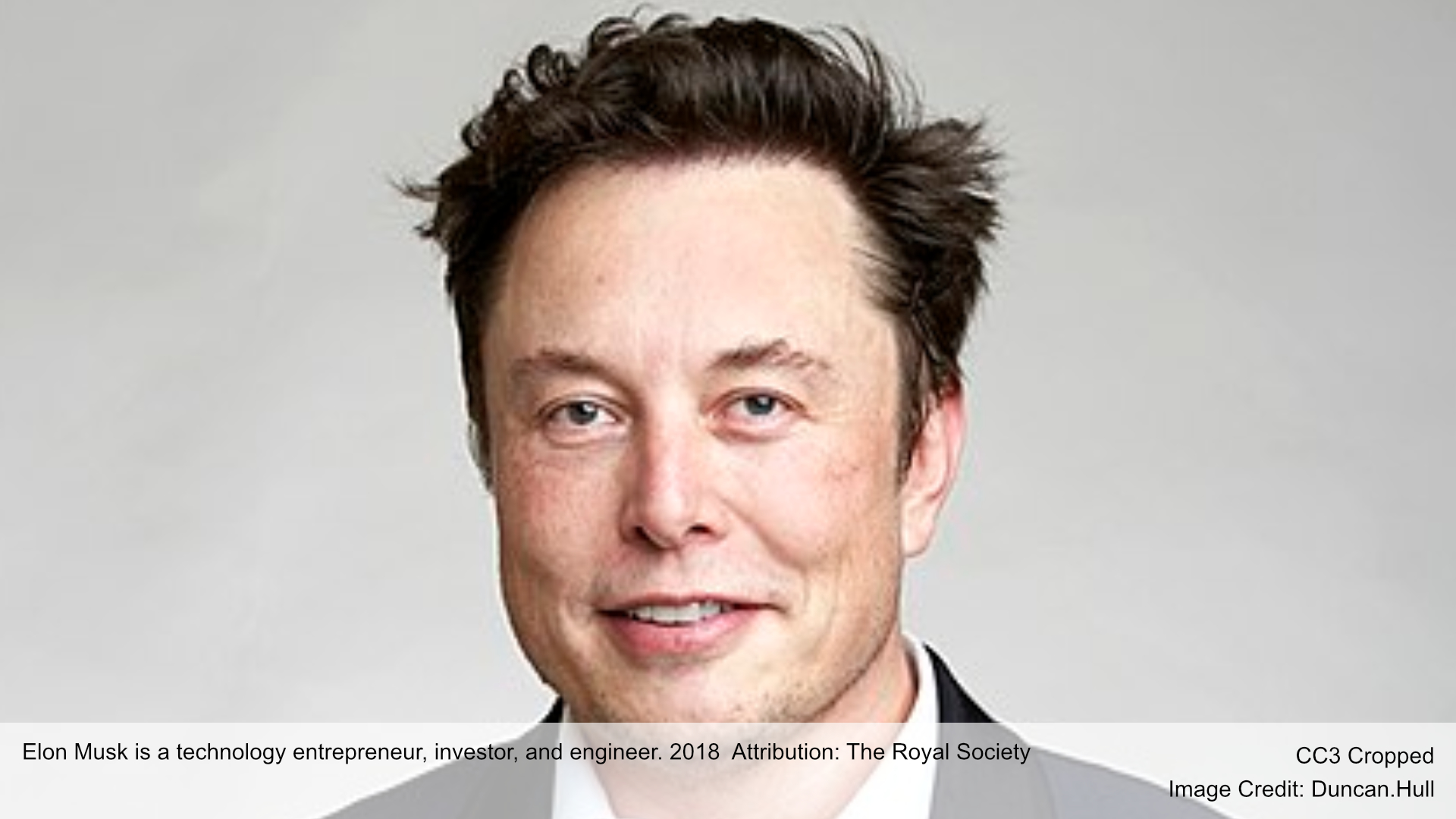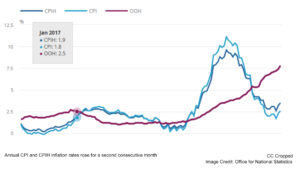Reuters reported that Musk accused OpenAI of violating antitrust laws through its collaboration with Microsoft, which has invested billions in the AI company. Musk’s legal team argues that OpenAI’s transition from a nonprofit to a for-profit corporation is riddled with anti-competitive practices and breaches of its original mission to develop safe AI for the public good.
- Musk Accuses OpenAI of Antitrust Violations: Elon Musk’s lawsuit alleges OpenAI, in collaboration with Microsoft, has engaged in anticompetitive practices since transitioning to a for-profit model.
- Ethics vs. Profit Debate: Musk contends OpenAI’s current structure prioritizes profits over its original mission to advance safe AI for public benefit, describing the situation as “altruism versus greed.”
- OpenAI’s Response: OpenAI denies the claims, defending its partnership with Microsoft as necessary for scaling AI innovation and dismissing Musk’s accusations as baseless.
- Implications for AI Governance: The case highlights the tension between innovation and regulation, potentially shaping future debates on AI ethics, corporate responsibility, and antitrust compliance.
Musk, once a co-founder and key investor in OpenAI, parted ways with the organization amid disagreements over its direction. The lawsuit reflects his concerns about the increasing commercialization of AI and the potential risks it poses to society. Musk’s legal filing describes the situation as a classic case of “altruism versus greed.”
OpenAI plans to restructure as a public benefit corporation, a model that balances profit with societal impact. Despite this, Musk remains skeptical of the company’s intentions, especially given its ties with Microsoft. He argues that OpenAI, under its current structure, should adhere to antitrust regulations like any other for-profit entity.
OpenAI has dismissed Musk’s claims, labeling them as baseless and recycled from previous legal challenges. The company argues that its partnership with Microsoft is essential for scaling its AI capabilities and maintaining its competitive edge in the rapidly evolving AI landscape.
The lawsuit highlights the broader debate over the ethical and regulatory implications of AI development. As AI technologies become more integrated into everyday life, ensuring they are developed responsibly and ethically is crucial. Musk’s legal battle underscores the ongoing tension between innovation and regulation in the tech industry.
This case will likely shape the future of AI governance and the role of profit-driven motives in AI development. As the legal proceedings unfold, the tech community and regulators will closely monitor the implications for AI ethics and corporate responsibility.







Be First to Comment